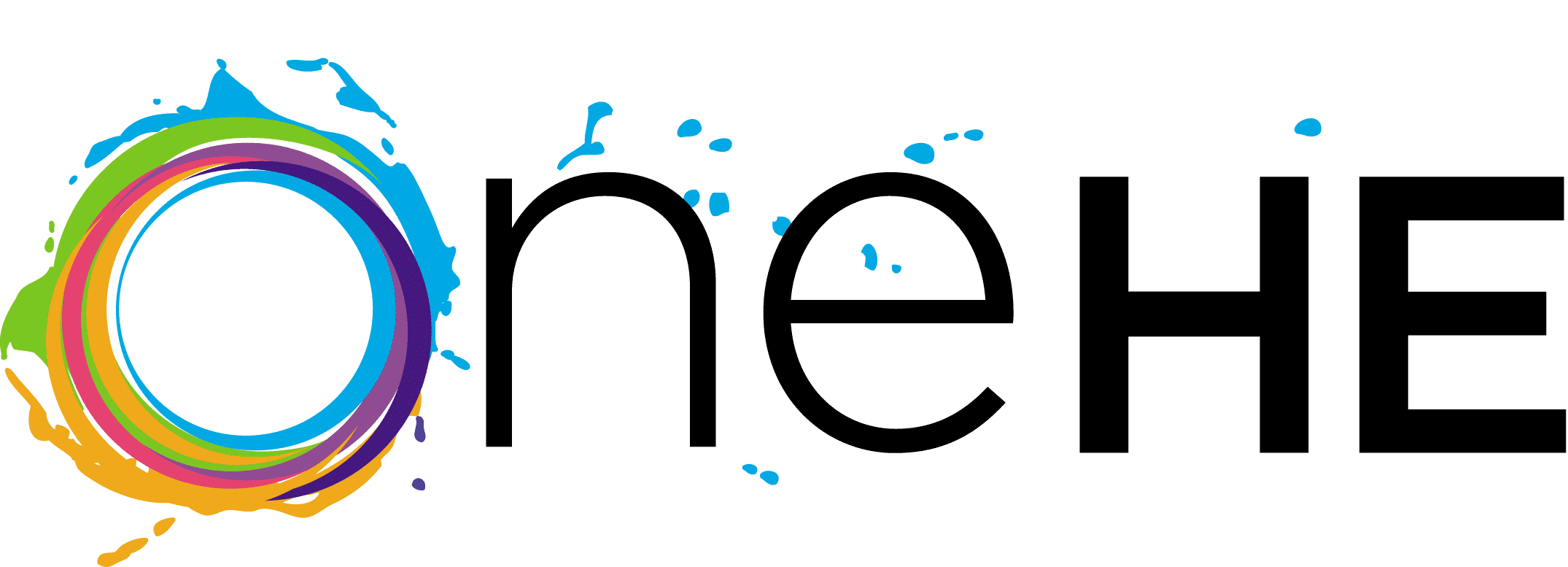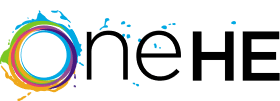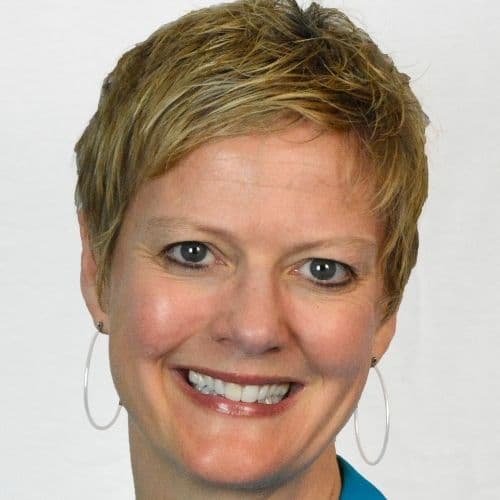Click here to view the video transcript
I’m Tricia Bertram Gallant. I am the Director of Academic Integrity at the University of California San Diego in California, United States. I’ve been the director since 2006 and have been involved in academic integrity since 2002, when I first started out as a PhD student looking into this topic and eventually writing about it in my dissertation. I’m particularly interested in how we leverage the cheating moment as a teachable moment, as well as, in general, how we improve ethical awareness and ethical decision making in acting.
Welcome to this course which has been developed with Tricia Bertram Gallant and focuses on academic integrity in education which is increasingly becoming hybrid. The rapid move online at the start of the pandemic challenged many aspects of our practice, including our role in enhancing academic integrity and minimising cheating. Many educators felt outside their comfort zone and there were concerns that misconduct was on the rise. In this course, we look at practical steps you can take to enhance academic integrity in your remote, hybrid or in person classrooms.
Click here to view the video transcript
Cheating and plagiarism, otherwise known as academic misconduct, came to the forefront of a lot of educators’ minds during the COVID 19 pandemic when we all had to shift abruptly to remote instruction and remote assessment. Cheating and plagiarism are a threat to the integrity of higher education, and while it has always existed since the beginning of education, it became more prominent during this time because all of a sudden, the normal caveats, the normal norms that would influence students’ behaviours became non present.
So the present of other peers, observing other peers not cheating during exams, observing faculty and assistants proctoring or invigilating exams, all of a sudden disappeared on a dime. And so we need to think about how we want to talk about academic integrity and what we need to do for academic integrity in this new era of teaching and learning. By the end of this course, educators should have a better idea of how they can make integrity the norm and cheating the exception, whether in their remote, hybrid, or in-person classroom environments.
Get Involved And Share Your Learning
- Share your perspective. Throughout this course, you will see discussion prompts at the end of each lesson inviting you to share your thoughts and experience. We encourage you to respond to these discussion questions and read those of other educators to benefit from theirs. When you see a comment you agree with or find helpful, hit the ‘Like’ button to help other educators find it. You can also reply to any comments from other members that you find interesting.
- Ask a question. You can ask questions of experts and other educators in the discussion threads in courses. If your question is more general, use Ask, Answer and Share in the community to reach more people.
- Pick up your course badges. To earn your Course Completion Badges make sure you mark all lessons as ‘Mark Complete’ once you have completed a lesson. At the end of the course, click ‘Mark Complete’ and you will be asked a few multiple-choice questions to earn a Course Completion badge. Once you’ve had a chance to apply your learning, come back to complete an Impact Badges by applying what you have learned in the courses and answering a short survey.
If you have any questions or issues please email us: [email protected]


